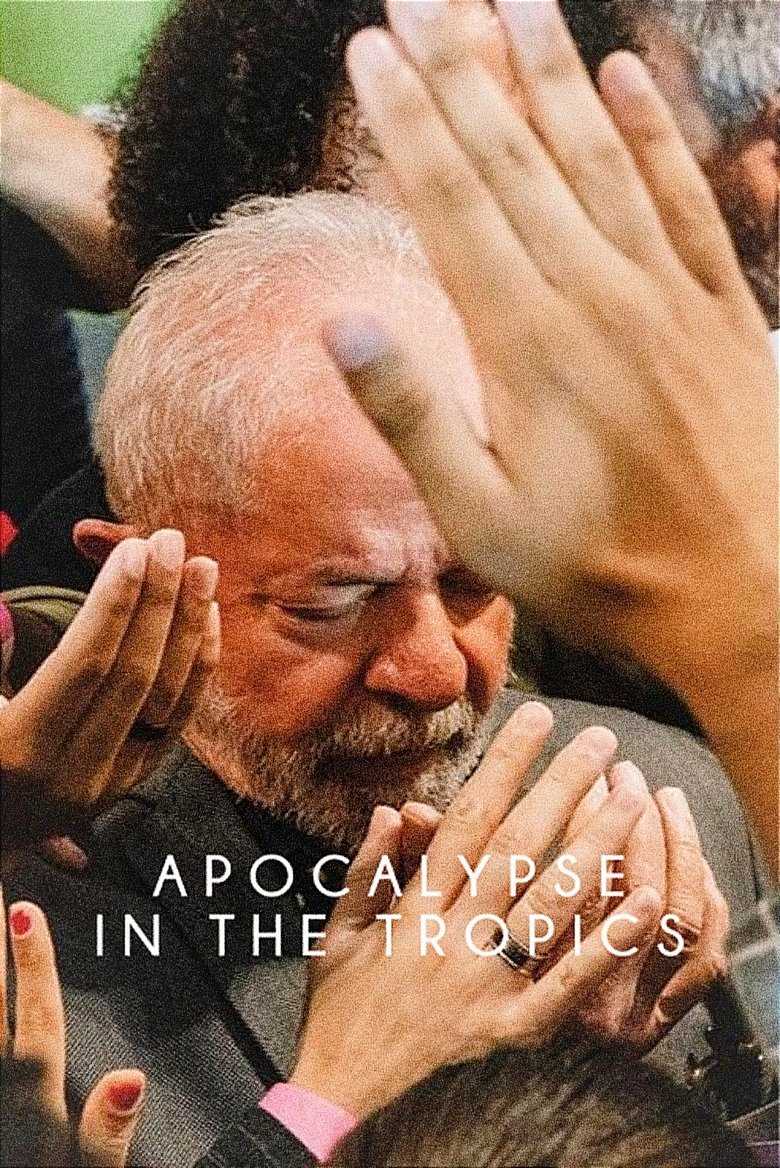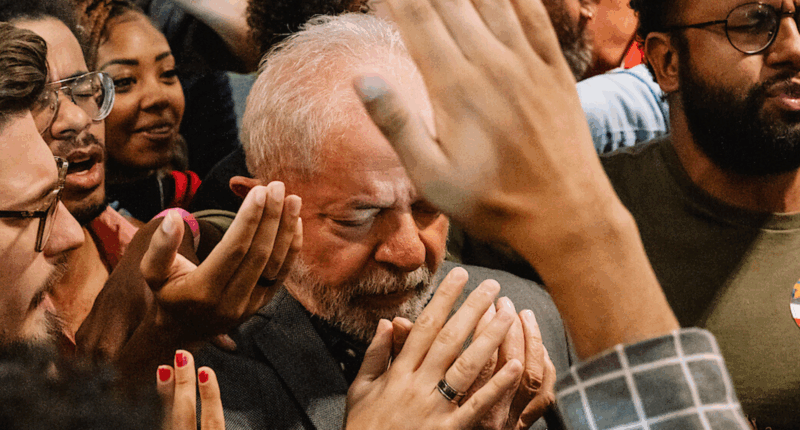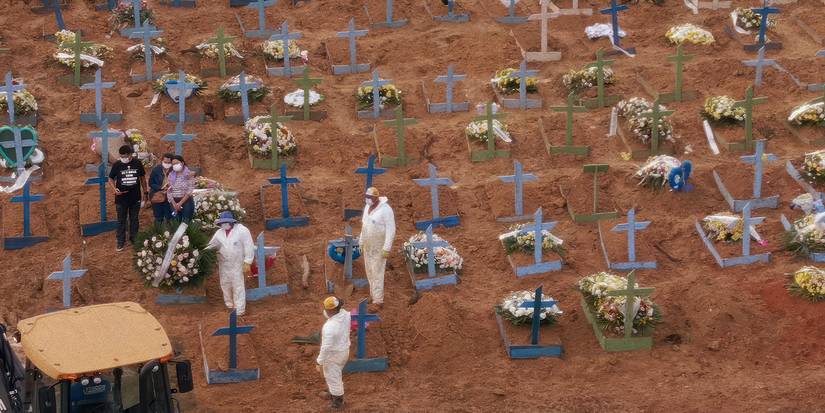Netflix releases more content than any other streaming service, and a significant portion of that output is non-fiction material. Although there are certainly a number of exploitative docudramas meant to shock viewers with their buzzworthy titles on the service, Netflix has also proved to be a great venue for legitimate journalism, as it offers documentarians a platform to tell important stories that are accessible to the widest possible audience. Apocalypse in the Tropics is a terrifying examination of the political power surge in Brazil and how the most recent presidential election was influenced by a dangerous far-right contingency. Beyond the eye-opening footage collected by this moment of polarization and extremism, Apocalypse in the Tropics offers a dire warning for other nations that have experienced similar instances of social division.
Netflix has proven to be a strong contender in award season, as the streamer continues to market and distribute projects with the hopes of getting the notice of Academy Award voters. While Netflix has yet to release a film that has won Best Picture, this year the service has a strong crop of contenders, including A House of Dynamite, Jay Kelly, Frankenstein, Nouvelle Vogue, Train Dreams, The Left-Handed Girl, and Ballad of a Small Player. However, Apocalypse in the Tropics deserves to be a major contender in the Best Documentary race at the Oscars, as the film offers tactile proof about what can happen when religious zealots gain legitimacy among voters.
What Is ‘Apocalypse in the Tropics’ About?
Apocalypse in the Tropics examines the contentious election of 2022, in which the Workers’ Party candidate and former President Luiz Inácio Lula da Silva narrowly defeated the incumbent Liberal Party President Jair Bolsonaro, resulting in an attempted military coup prompted by extreme adherents to Bolsonarism. Apocalypse in the Tropics filters its coverage of the election through the role played by Silas Malafaia, a far-right televangelist who urged his supporters to vote for Bolsonaro. Malafaia’s primary reason for giving credence to Bolsonaro was based on his belief in extremely conservative social policies, as his religious fundamentalist beliefs included the outlawing of homosexuality, the denial of abortion rights, and a more prominent role of theocracy in both government and education. Although it begins to be recognized as a potentially disruptive force in the election, Malafaia’s movement threatens to turn conspiracy theories into mainstream beliefs, allowing him to silence any of his critics.
Apocalypse in the Tropics shows how an unwieldy religious movement can disrupt the status quo, as it appeals to the value system of voters who may not have otherwise expressed strong political beliefs. The film shows in detail the way in which televangelist propaganda radicalized moderate voters by convincing them that da Silva was evil incarnate because of his supposed rejection of religious texts; by suggesting that da Silva’s supporters were sinful, Malafaia implied that it was a moral requirement for voters to ensure that he did not return to office. The insidious ways that these conspiracy theories work allowed Malafaia’s outreach efforts to diversify the focus groups that it ensnared; while it did offer a platform for xenophobic, homophobic, and fascist voters to justify their hate speech, it also implored former supporters of da Silva to change their affiliations based on religious reasons. The film finds many examples of the ways in which propaganda has infiltrated any possible media source, making it much harder to fight misinformation. Although da Silva had previously claimed that he wouldn’t dignify these fringe beliefs with a response, he is later forced to make direct outreaches to religious voters in order to sustain his campaign.
‘Apocalypse in the Tropics’ Is a Dire Warning About Fundementalism
Although Apocalypse in the Tropics is loaded with harrowing footage of televangelist marches and hate crimes, it’s also an artfully directed film with an impressive visual and editing style. Director Petra Costa utilizes religious art to track the origins of fundamentalism and examines how historical misinterpretations of Biblical text allowed fear-mongering to become more prominent. Costa’s most scathing observation is that passages from scripture about an impending apocalypse have served as a means for narcissistic extremists to instill fear among their followers, which gives them more ability to influence infrastructural changes. This paranoia about the wrath of God reached its apex during the COVID-19 pandemic, in which Malafaia was able to draw parallels between scientifically certified safety precautions and the historical persecution of the faithful. This dangerous sentiment wasn’t exclusive to the conservative right in Brazil, but it was deeply harmful in rolling back the significant progress that the country had made in the wake of its military dictatorship in the late 20th century.
Apocalypse in the Tropics is not devoid of hope, as the moment of jubilation upon da Silva’s reelection could be seen as exhilarating for those that weren’t familiar with the real history. However, Apocalypse in the Tropics offers a call to action for citizens across the world, as it suggests that the situation in Brazil could occur within other nations that would have been otherwise perceived to be “developed.” These far-right televangelist movements have a shocking degree of influence and are not easily silenced; despite the loss of the election and the fallout of the attempted military coup, Malafaia continues to be a powerful figure in Brazil. While it is not by any means an easy film to watch, Apocalypse in the Tropics is as timely and necessary as anything else released in 2025.

Apocalypse in the Tropics
- Release Date
-
July 14, 2025
- Runtime
-
109 minutes
- Director
-
Petra Costa
- Writers
-
Alessandra Orofino, David Barker, Nels Bangerter, Petra Costa
-

-

-

-

Luiz Inácio Lula da Silva










